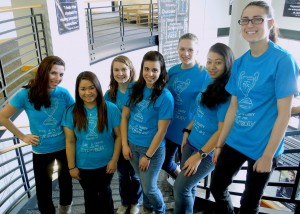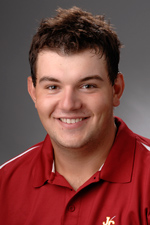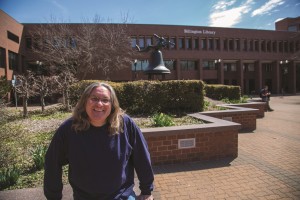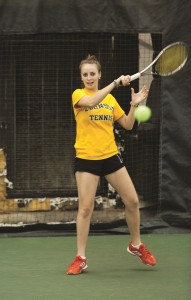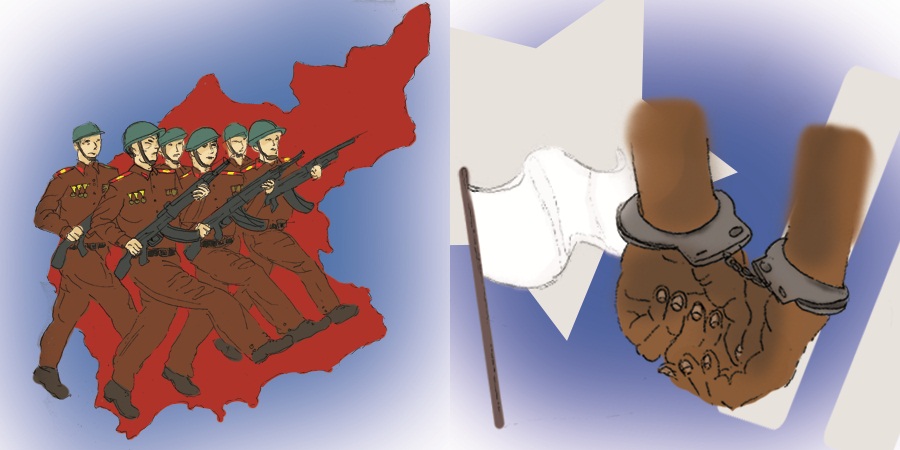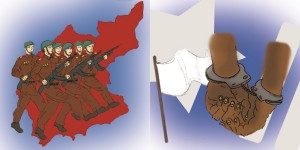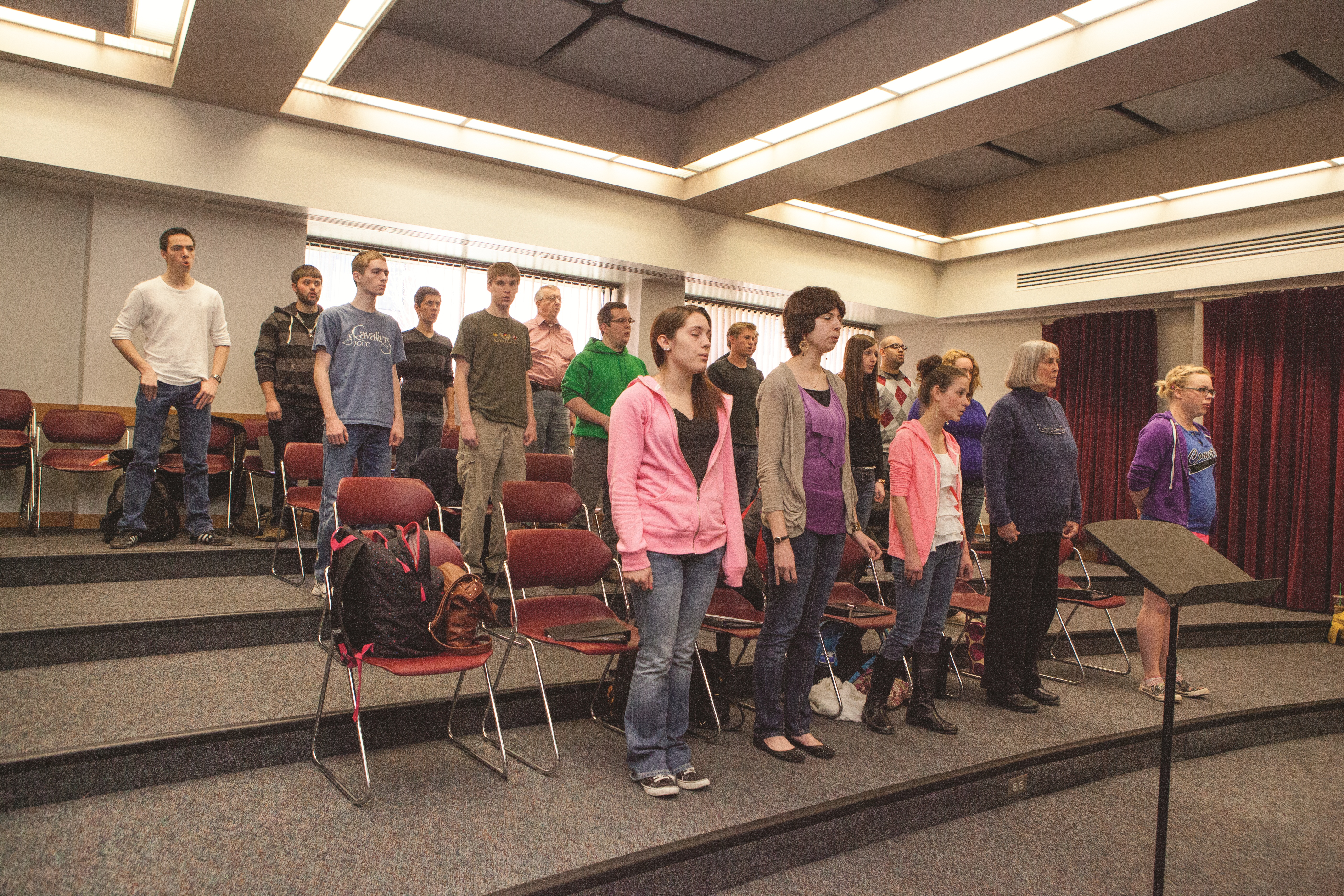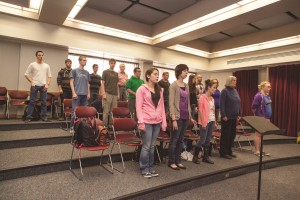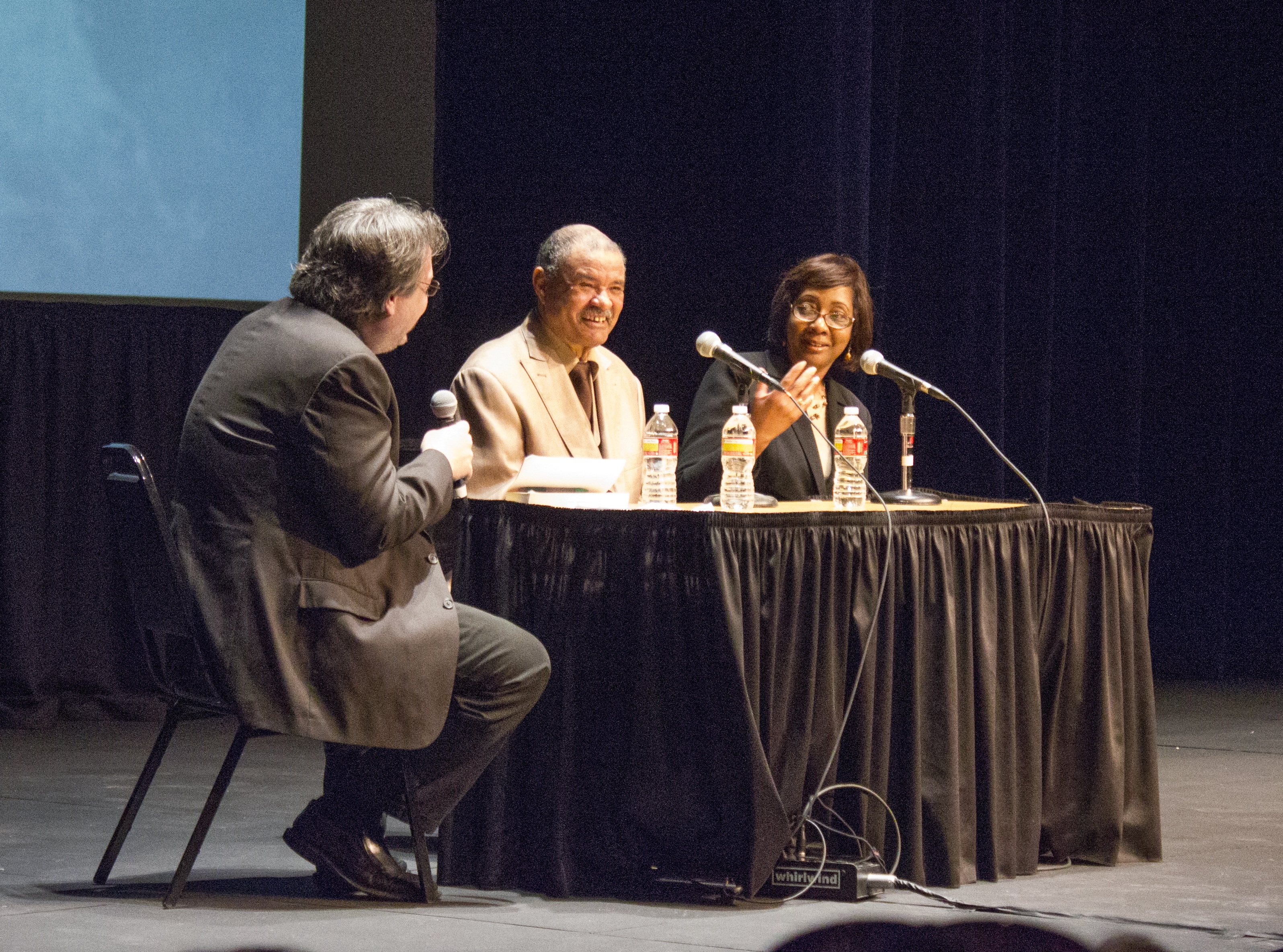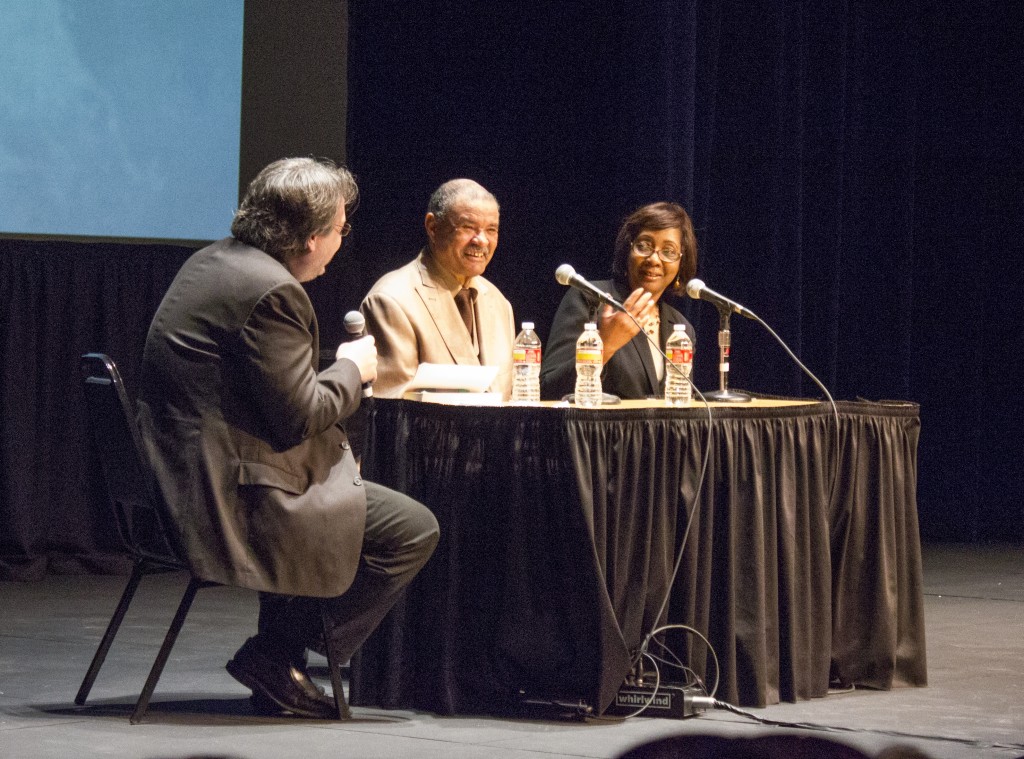By Mac Moore
Two bombs went off at the Boston Marathon on Monday, April 15. According to ABC News, there were three deaths and at least 45 more injured. It’s shocking and we don’t know what to do.
Long distance running is one of the few sports that we don’t wish for our competitors to fail. The runners wish each other good luck before and after the race. They root for each other. The only true enemy in long distance running is yourself, your own limitations. That changed on Monday.
It makes us sick. We see the unneeded death and it haunts us. We see the lack of safety. If those participating in and viewing a simple race have to fear that the streets will become a shrapnel filled bomb site, then are we safe anywhere?
The fear leads to questions. Who did this and why? As a journalist, we have to navigate a blurry line. It’s our job to report to people the who, what when where and why.
The problem with some stories is, we don’t have access to the answers. We know what I wrote in the opening paragraph. Everything else the authorities will have to gather in the coming days and weeks.
Yet we still seek those answers immediately as the news sets in that terrible feeling of concern and unknown. The media does what it can, until a swirl of misinformation takes over the social discussion.
I sat at a bar Monday evening watching the news coverage. It started with the patrons questioning how nobody noticed the bombs. People were confused at why the police would do a control demolition of a third bomb. Soon people were saying things that the news report never said.
Refrain from this. Don’t call out a government conspiracy with only the facts that a bomb went off. Don’t speculate to the possibility of Middle Eastern connection when none of the known information makes a connection. Don’t speculate about anything.
The authorities will figure out the who and why. If we take a few days off from that worrying, we will have our answers in the coming weeks. Soon we will know whether it was a lone wolf or a group of destructive sociopaths.
The people responsible do not matter right now. What matters? Reports indicate that after the first bomb, people were running to the bombing trying to help, not away. While a small fraction of human beings try to cause havoc to civilization, a larger percentage try to help those in need.
Don’t worry about the culprits when you have none of the necessary tools to find them. We do have the tools right now to help the victims. They need us right now. Go to redcross.org to help donate and there are many other ways too you can find to help out.
Turn off the news for the next few days and spend that time with your family. If anything, this tragedy should make you cherish what you are in control of.
Contact Mac Moore, sports editor, at mmoore82@jccc.edu






















